On the morning of June 19, at the online conference to train professional skills for cadres, civil servants and public employees (CBCCVC) of Hanoi city and the (new) commune level to pilot the two-level local government model, Director of the Department of Home Affairs Tran Dinh Canh conveyed the topic of professional skills related to state management to organize the apparatus to operate the two-level local government; decentralization, delegation of authority and determination of authority in the field of home affairs.
Full legal framework
Director of the Department of Home Affairs Tran Dinh Canh said that after nearly 4 months (since the Conclusion No. 127-KL/TU dated February 28, 2025 on implementing research and proposing to continue to reorganize the apparatus of the political system), with the spirit of "running and lining up at the same time", the Department of Home Affairs has made efforts to research and advise as closely as possible to the draft guidelines, directions as well as the official regulations issued by the Central Government.
Up to now, the legal framework for the two-level local government model has basically been completed.

Regarding the new organizational model of communes and wards, Director of the Department of Home Affairs Tran Dinh Canh informed that on the afternoon of June 16, the Standing Committee of the City Party Committee gave opinions on the plan to organize the administrative apparatus at the commune level.
This morning (June 19), the Standing Committee of the City Party Committee will approve the final plan. Accordingly, the organizational structure of the commune agencies includes 3 specialized departments: Office of the People's Council & People's Committee; Economic Department (for communes), Economic, Infrastructure, Urban Department (for wards); Department of Culture and Society. The functions and tasks are stated in Decree 150.
In the immediate future, maintain the City Public Administration Service Center consisting of 4 departments, 2 public service units, 12 branches, continue to receive administrative procedures (AP) of city departments, branches and non-territorial APs; digitize records; complete the software for handling APs; restructure and control APs; build an operating mechanism, and provide professional training for officials and civil servants in charge of receiving APs.
At the same time, consolidate and establish an administrative service unit under the People's Committee at the commune level, with 1 Vice Chairman of the People's Committee at the commune level concurrently as the head of the unit. The unit has 1 Deputy Head of the unit and a maximum of 6 civil servants (depending on the scale, area, population, and number of administrative procedures to arrange appropriate staffing).
The Public Administration Service Department is a subordinate unit, directly managed by the People's Committee at the commune level. At the meeting of the People's Council at the commune level after June 30, a Resolution will be passed to establish new departments and Public Administration Service Departments under the People's Committees of communes and wards; along with that, the Chairman of the People's Committee at the commune level will appoint the head and deputy head of the department to operate the apparatus immediately.

For public service units under the People's Committees at the commune level, including: Basic and essential public service units whose operating budget is guaranteed by the State (kindergartens, primary schools, secondary schools in new communes and wards; cultural and sports centers; commune-level health stations); public service units that are self-sufficient in regular expenses (project and infrastructure management boards under the People's Committees at the commune level; management and provision of services such as project management, land fund development, site clearance, management of parks, trees, bus stations, etc. in the area); other special public service units that are self-sufficient in regular expenses (such as management boards of relics, pagodas, temples, markets, etc.).
Resolved more than 300 officials and civil servants who resigned due to organizational restructuring.
Director of the Department of Home Affairs Tran Dinh Canh also informed about the plan to arrange cadres, civil servants, public employees and workers of the new communes and wards. Currently, the whole city has resolved the resignation of more than 300 cadres and civil servants according to Decree No. 178/2024/ND-CP dated December 31, 2024, with a budget of more than 300 billion VND. Currently, the proposed list has more than 1,000 people. After today (June 19), the organizational structure, payroll and cadres of 126 new communes and wards will be formed.

Regarding the handover, the Director of the Department of Home Affairs said that the City People's Committee has established 11 working groups headed by Vice Chairmen of the City People's Committee and directors of several departments. Recently, the working groups have worked with units to implement this content, ensuring progress, quality, and promptly resolving arising issues.
“Whether the new apparatus operates well or not, effectively or not, depends largely on this handover and reception work. Especially complex tasks, related to data, unfinished volume, and transition from the old unit to the new unit,” Mr. Tran Dinh Canh emphasized.
To operate the new government effectively, Director of the Department of Home Affairs Tran Dinh Canh suggested focusing on four important contents in the immediate future: Arranging cadres and civil servants according to departments and units, in the correct job positions and announced payroll; combining with the arrangement of equipment and means of work for cadres and civil servants, especially those departments that must immediately start working; reviewing the handover minutes, orienting the tasks that need to be prioritized for immediate implementation; paying attention to the departments that directly contact and resolve administrative procedures with citizens and organizations.
The Director of the Department of Home Affairs also said that the Government has issued 28 decrees on decentralization, delegation and assignment of authority to local authorities at provincial and communal levels. To concretize this content, departments and equivalents continue to research and propose decentralization and delegation of authority to communal levels.
Emphasizing that the time for the commune-level local government to come into operation is not long, and there is still a lot of work to be done, Director of the Department of Home Affairs Tran Dinh Canh hopes to receive close coordination, sharing, and community support so that the commune-level local government model of Hanoi city can operate stably, effectively and have many new successes in the future.
Source: https://hanoimoi.vn/ha-noi-to-chuc-bo-may-can-bo-cua-126-xa-phuong-hinh-thanh-sau-ngay-19-6-706054.html

























































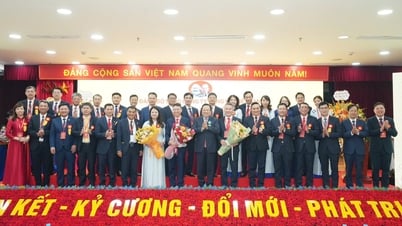









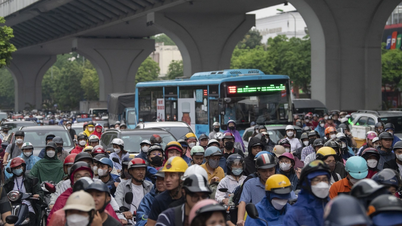
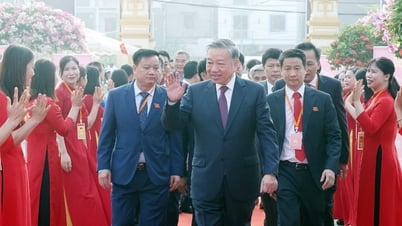
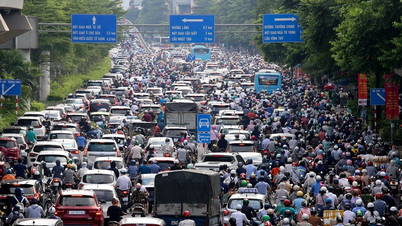
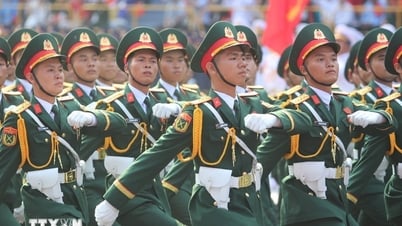



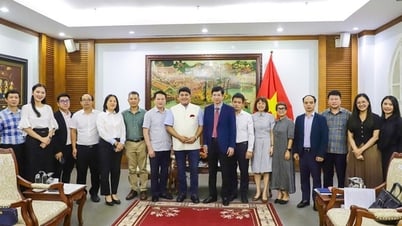


























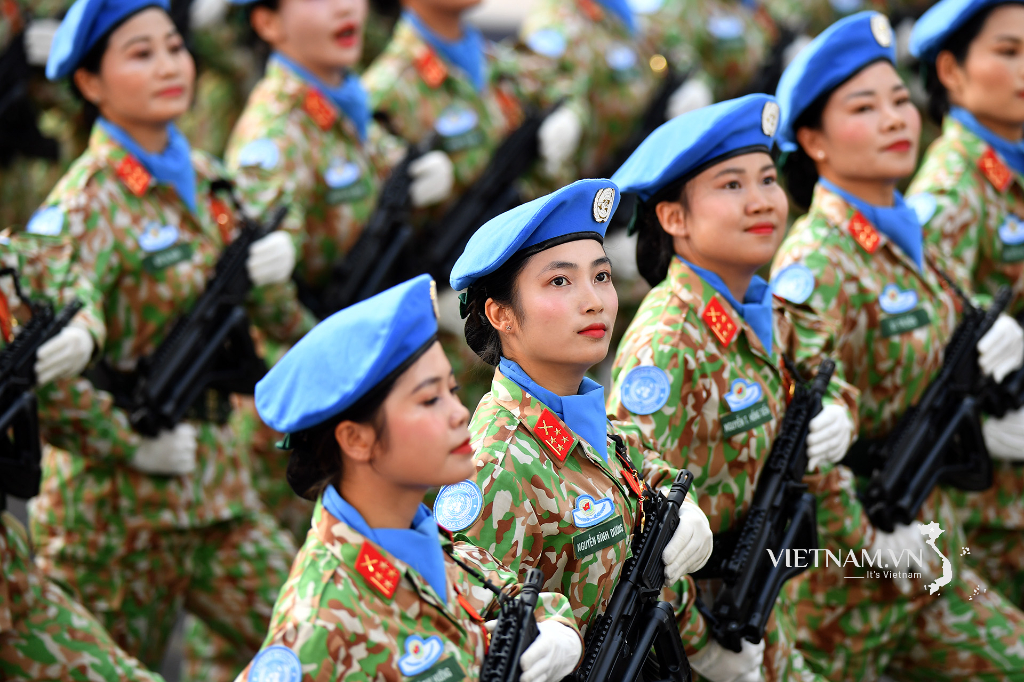

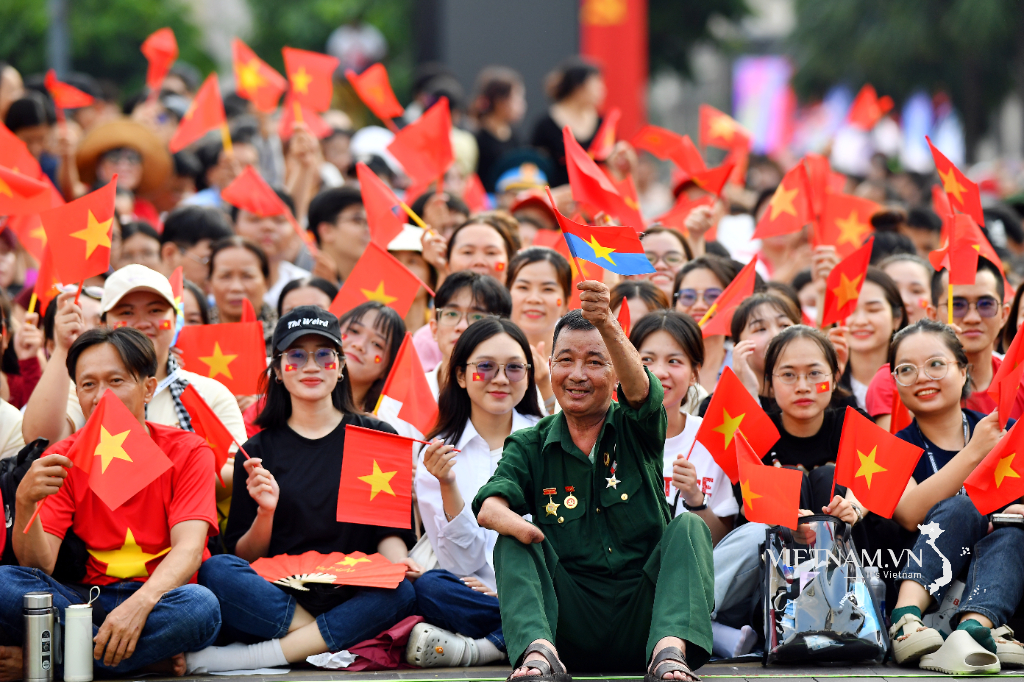
Comment (0)